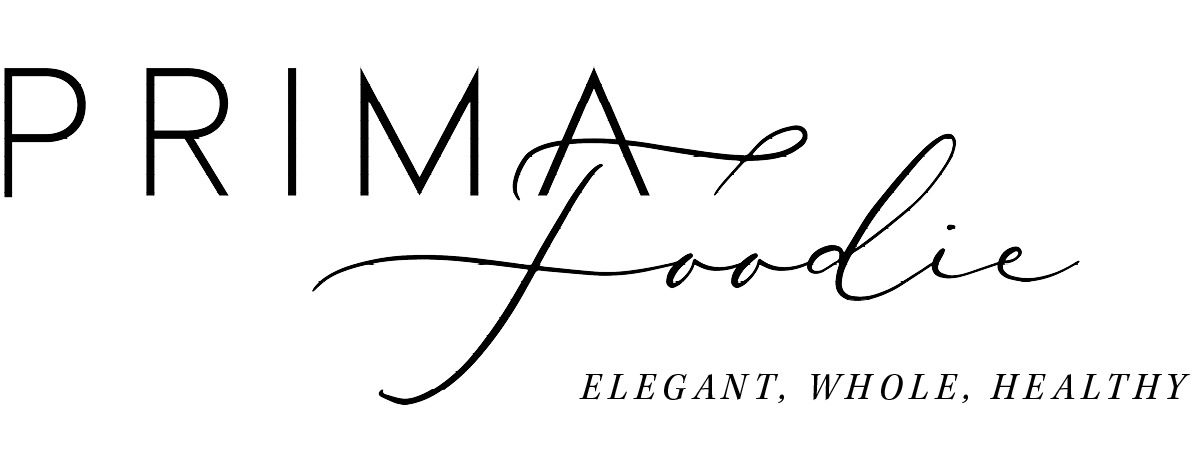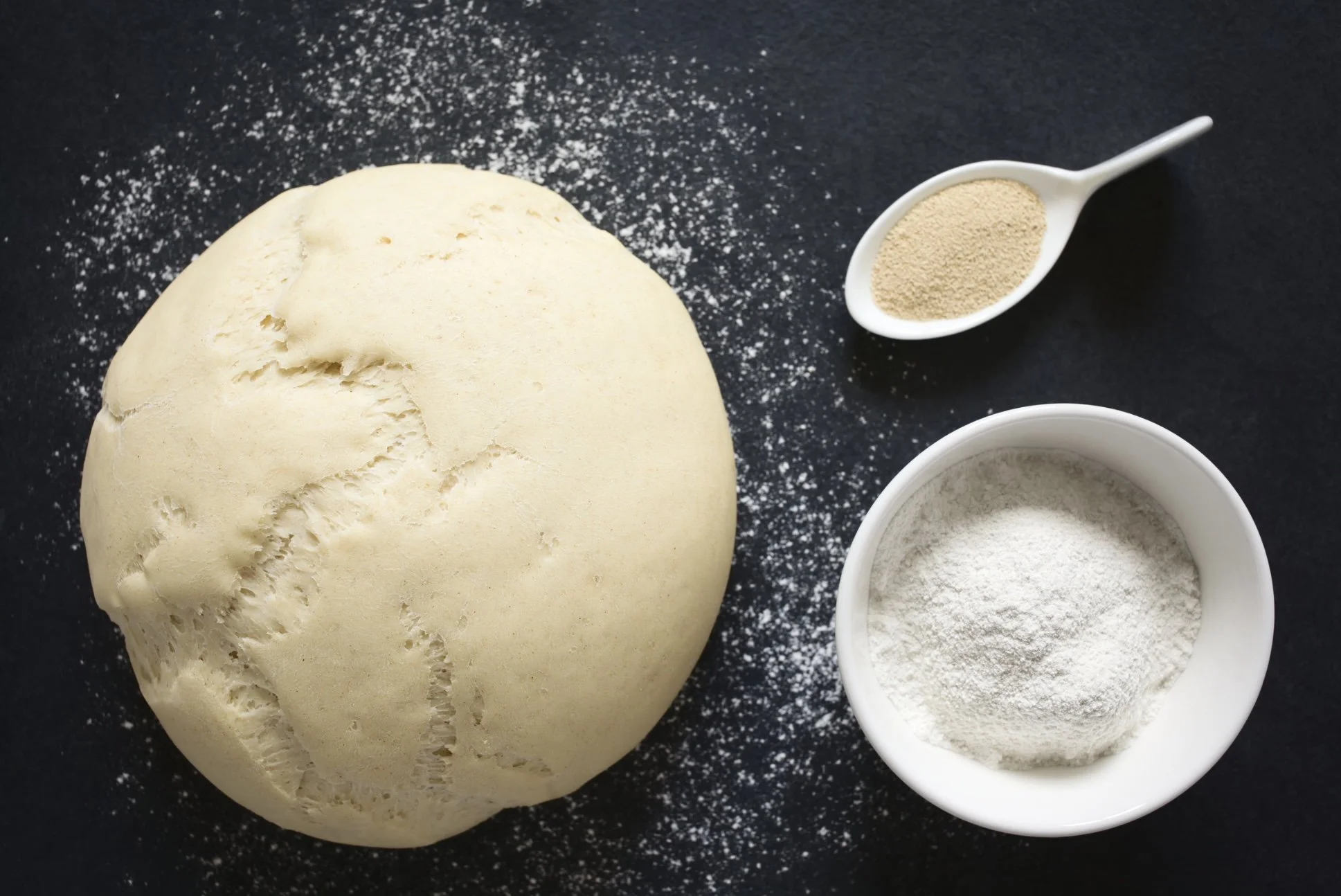The 2024 PrimaFoodie Holiday Gift Guide
The hope behind our annual PrimaFoodie Gift Guide is to make shopping for those you care for more intentional. We forgo the fast fashion that will linger in closets and kitschy items bound for regifting. Each item, service, and organization promises a sustained impact—be it a workhorse in your kitchen, a class that will open your home chef skills, or a donation in a loved one's name to promote a more caring world. Our list is compact, but its vast reach offers something for everyone. Happy Holidays!
Bloodroot Custom Knife
Nichole loves this artisan and custom kitchen knives and other tools. Luke Snyder and David van Wyk create the most gorgeous and durable bespoke knives with the highest quality metals and wood. The team starts with a conversation with you to tailor the design to what you're seeking; then the duo gets to building the knife. It's so personal and unique.
Cloud Brushed Fleece Cozy Set
For the one who likes to be cozy: This matching sweatsuit is made of 100 percent organic cotton. Pair this with a cup of hot chocolate and you’re set for the winter.
Wood And Paper Gratitude Tree Activity Kit
A wonderful way to include the whole family in making a mindset shift towards gratitude and positivity. The tree comes with leaf papers but you can easily make your own to continue adding to the tree.
Frigidaire Portable Ice Making Machine
For all the folks in your life who are still stuffing their freezer with half-used ice trays, this ice maker comes to the rescue. It's compact and sleek and takes up little counter space.
What Goes with What by Julia Turshen
We love Julia Turshen's work. Her no-fuss, super warm, unapologetic approach to cooking at home continues to inspire us, as do her books. Her latest, What Goes With What, is the book version of having her right next to you, nourishing your instincts for making a satisfying meal.
Donation to the Rainforest Alliance
This global organization partners with communities and farmers across continents to help transform agricultural and living methods that deplete our forest ecosystems. Over the last two decades, they've invested north of $360 million in regenerative farming.
Shokz OpenRun Headphones
Powered by bone conduction, the open-ear design technology helps you have sensory awareness of your surroundings while you're walking or running. Plus, the bud-free design is more comfortable than conventional earphone models.
A Stay and Cooking Class at La Peetch in France
Gift a friend a little essence of Julia Child. "La Pitchoune," which roughly translates to "little one," is the quaint cottage in France that Child summered in with her husband. Now, it's the home of chef and cooking instructor Makenna Held, where she and her team offer intensive and fun cooking classes tucked in the French countryside.
Casa Zuma Handcrafted Wood Salad Bowls
Handmade in the US, these heirloom-quality handcrafted wood bowls elevate anything that lands in them—from fruit to salad to bread. They're made from solid beechwood, so they'll last years and years with some good care.
Ooni Koda 12 Gas Powered Pizza Oven
Adrienne says this oven takes pizza night to a new level—and we all agree. She loves making her gluten-free dough and offering fresh toppings for everyone to customize their pie. It might be the ultimate gift that keeps on giving.
Kroma Powdered Bone Broth
These powdered broths, available in chicken and beef, make it so easy to bring your nutrients on the go. Rich in grass-fed bovine collagen and anti-inflammatory turmeric, these broths are free of GMOs or additives. Perfect for your loved one with gut issues or who loves to travel.
Takeya Water Bottle
One of the chicest water bottles around, this intelligent design proves how far the little details go. Made of food-grade stainless steel with a BPA-free plastic twist on the lid, it easily fits into any cup holder. The silicone rubber grip allows it to stay dent-free if you drop it and always keeps it level.
Flavedo & Albedo Dew Tint
For the makeup lover who values sustainability: This multipurpose cream blush and lip tint is housed in 100% recyclable, plastic-free packaging. With a dewy finish and plant-based extracts for hydration, it layers beautifully for a sheer glow or bold drama. Available in three universally flattering shades, it’s a simple way to add a touch of color while staying kind to the planet.





























